Lesotho Youth Leader Slams Xenophobic Attacks in SA Hospitals
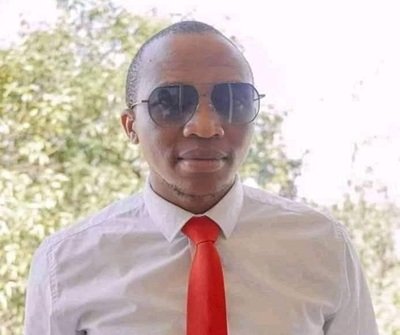
KZN Daily
The president of Lesotho’s Democratic Congress Youth League, Pheello Sehlabaka, has raised the alarm following a disturbing trend where Lesotho nationals are being violently barred from accessing medical services at public hospitals and clinics in South Africa, particularly in Gauteng and KwaZulu-Natal.
Speaking to IOL from Maseru, Sehlabaka didn’t mince his words:
“We’ve always regarded Basotho and South Africans as brothers and sisters. Our people needing dialysis, maternal care, and emergency treatment are being turned away at gunpoint.”
A Cry for Justice and Humanity
What was once considered a peaceful and cooperative relationship between neighbors is now teetering on the edge of collapse. Sehlabaka voiced deep frustration over the hypocrisy in treatment, noting that South Africans continue to work freely in Lesotho, including at strategic sites like the Letseng Diamond Mine, without facing discrimination or being required to have specialized skills.
“We’ve never blocked South African workers, yet our people are being targeted. This is nothing short of healthcare apartheid,” he said.
Diplomatic Deadlock and Rising Hostility
As vigilante groups begin enforcing xenophobic entry checks at South African health institutions, healthcare has become the new frontline of hostility. Nurses in Durban report terrifying accounts of non-citizens being asked for “proof of South African birth” before being allowed to give birth or receive urgent care.
In light of this, Sehlabaka is calling for immediate bilateral action between Lesotho and South Africa. His recommendations include:
- Setting up emergency healthcare access agreements
- Ensuring proper documentation processes for Basotho migrants
- Introducing joint cross-border crime prevention efforts
READ ALSO | Jacinta Ngobese-Zuma Serves ANC KZN Over ‘False and Damaging’ Statement
The Documentation Dilemma
According to recent statistics from South Africa’s Border Management Authority, 38,000 Basotho were intercepted while trying to cross into South Africa without documents during the 2024/25 festive season — making up 65% of all border violations in that period. While Home Affairs has granted a 90-day extension on Lesotho passport exemptions, Sehlabaka insists that this is not a long-term solution.
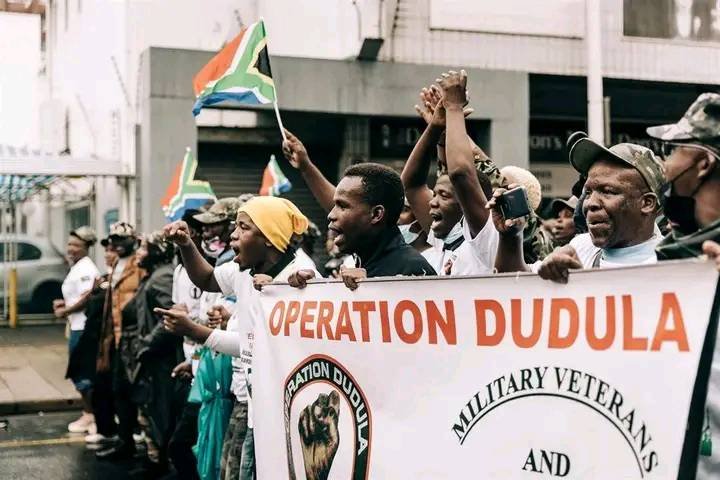
“No one should have to choose between paperwork and pneumonia treatment,” he said.
Tensions Flare as Zimbabwe Distances Itself
Adding to the regional unease, just last week, the Zimbabwean government issued a shocking statement, saying it would not be responsible for Zimbabwean nationals living in South Africa. Officials said they never encouraged their migration, and therefore bear no responsibility for what happens to them in South Africa.
This hardline stance has added fuel to growing concerns that migrants across the region are being abandoned and left vulnerable in the face of rising anti-immigrant sentiment and economic pressures in South Africa.
Sehlabaka’s Warning: “Crime by One, Blame for Thousands”
Amid fears that criminal activity could worsen stereotypes and incite more attacks, Sehlabaka issued a direct plea to Basotho citizens residing in South Africa:
“Stay away from crime – one burglar can destroy relations for thousands of honest workers.”
He reminded leaders on both sides of the border that most Basotho migrants contribute to essential sectors like construction, domestic work, and caregiving — and deserve protection and respect.
Centuries-Old Ties in Peril
As Lesotho prepares to raise the matter at the upcoming SADC summit, thousands of Basotho continue to cross the Caledon River daily — in search of work, healthcare, and survival. But with violence replacing solidarity, many fear this centuries-old bond between neighbors may be irreparably damaged.
“When you deny a Mosotho medical care, you deny their humanity,” Sehlabaka said.
📌 KZN Daily will continue following this developing story as diplomatic efforts unfold across the region.


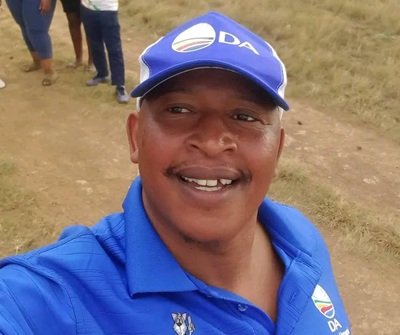
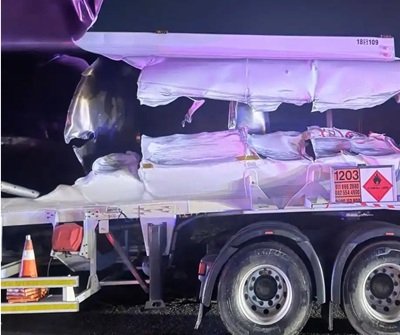
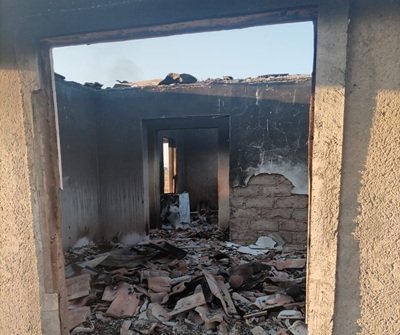


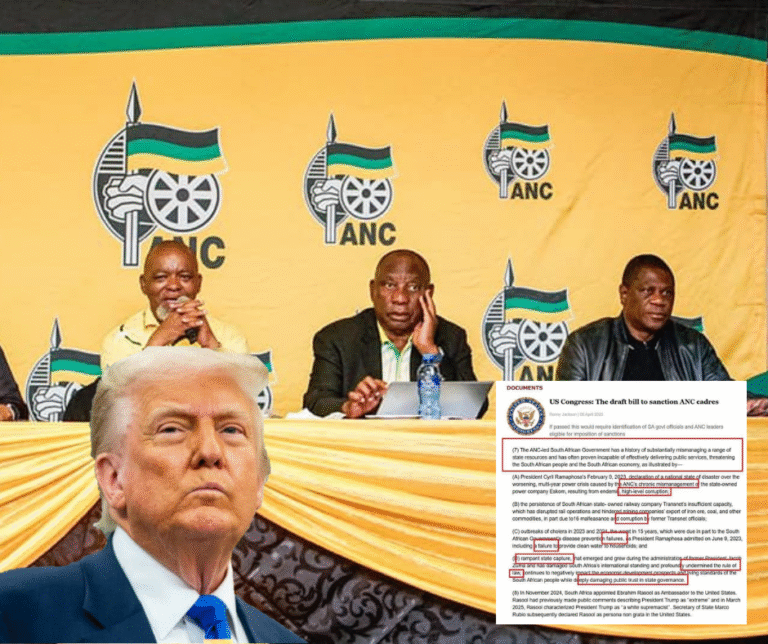
One Comment
Comments are closed.